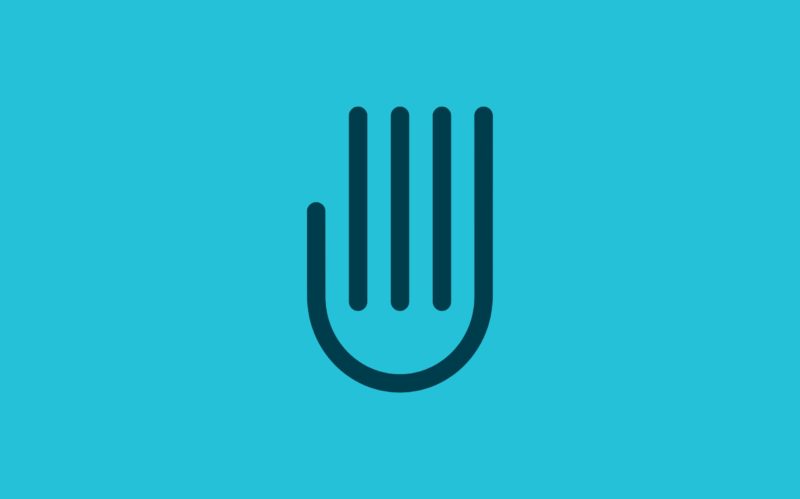Feed Ontario applauds the Government of Canada’s announcement that it will be implementing automatic tax filing for 1 million low-income Canadians, with plans to expand the program to over 5 million by 2028.
This change has been a longstanding recommendation of Feed Ontario and food banks across the country, and represents a strong step forward in ensuring that people and families living on a low income can access the benefits and supports that they are entitled to receive. For many, these supports can mean the difference between needing and not needing a food bank to get by.
Many low-income individuals face significant barriers to filing their taxes, including the cost of paid services or not being able to access necessary information or technology. While some food banks offer volunteer-run tax clinics to help bridge this gap, many people still fall through the cracks and miss out on vital income supports. This system-level solution has the potential to both reduce pressure on local food banks and help lift more people out of poverty.
In addition to automatic tax filing, Feed Ontario welcomes the federal government’s decision to make the National School Food Program permanent, moving closer to the goal of ensuring that every child has access to nutritious food at school.
Together, these commitments reflect meaningful progress toward reducing food insecurity in Ontario and Canada, and to building a stronger future for all Canadians.
Quick Facts:
- 1 in 6 food bank visitors do not file their taxes.
-
- Common barriers include the cost of paid tax services, lack of access to reliable internet, and the complexity of the process
- 1 in 5 food banks in Feed Ontario’s network offer tax clinics to help low-income Ontarians access the benefits and credits they are entitled to.
- 1 in 3 food bank visitors are children.
